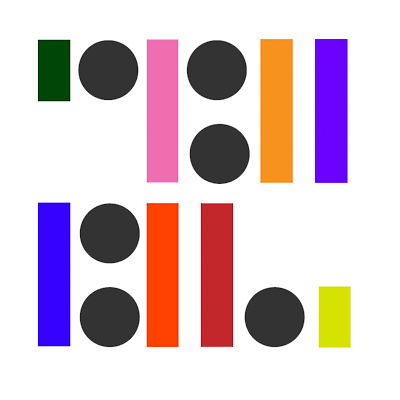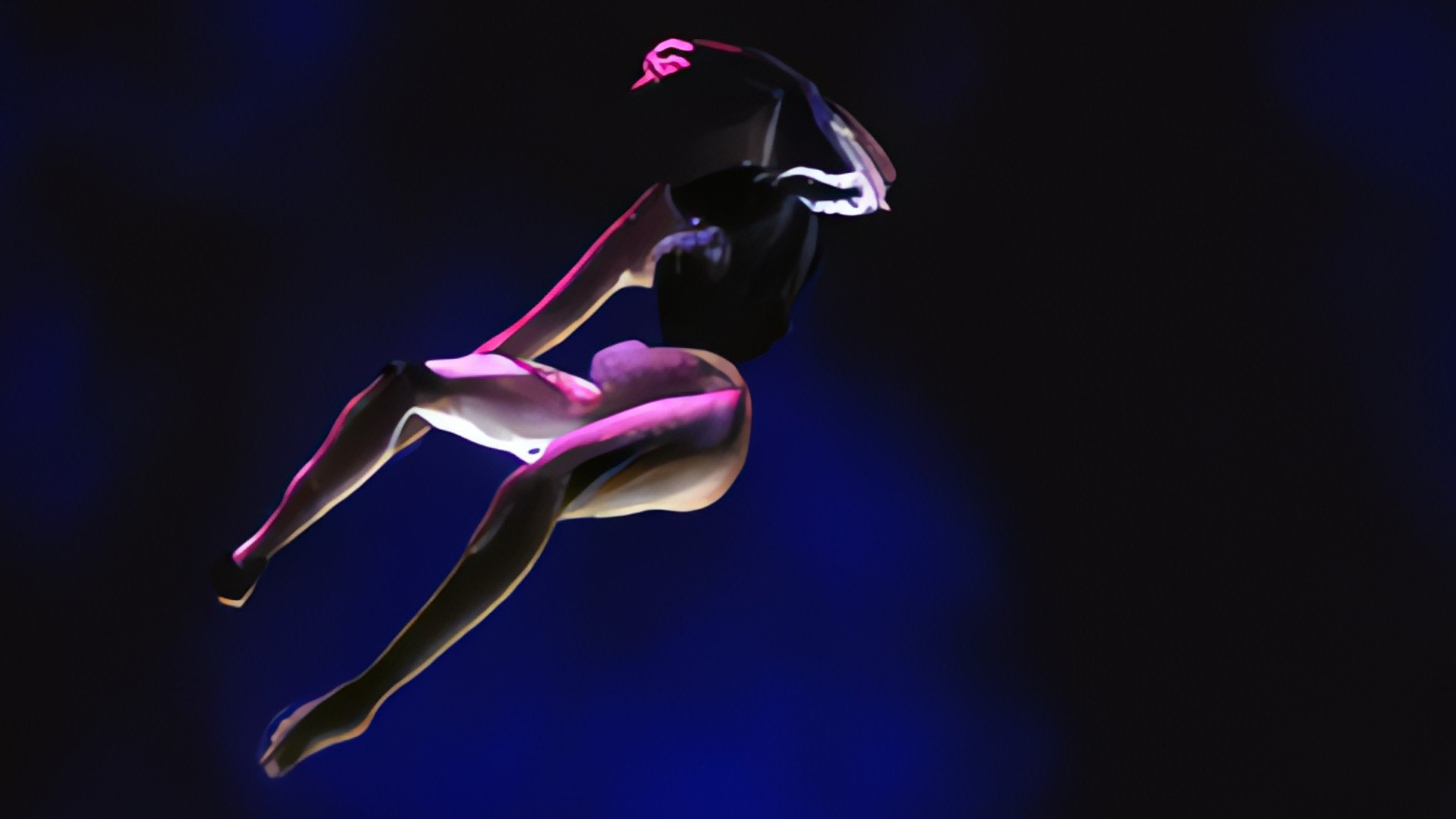Meet Meredith Thomas
Still image from making of a music video, collaboration of Meredith Thomas with artist, performer, technologist, Esther de Brujin.
Meredith Thomas is like family to School of Machines. He was working at an NGO before taking our 360 filmmaking course in 2017 and never looked back. Since then he has become prolific at all things creative tech, from VR, to computer vision, physical computing to AI/ML. He has become a go-to person in Berlin for indie- theater- and commercial projects and even makes time for his own personal creative tech pursuits while also being an active member of our School of Machines community.
Meredith, you have a background in biomedical engineering and science communication and you now work in creative technology. What got you into this field? And how would you describe your work as a creative technologist?
I have always had shared interests in art and science and always hated being forced to make decisions between the two. I am really glad to have had a grounding in engineering, but I wanted to use those skills more freely.
Now I work to create transmedia experiences in virtual reality, for multimedia installations and for the stage. I tend to focus in particular on novel uses of machine learning in creative domains and understanding the broader technological and cultural manifestations of artificial intelligence. Day-to-day this is mostly programming and occasionally soldering or holding a screwdriver.
I feel like I am crazy lucky to have a job where I get to use all of my brain, one side gets to focus on the nitty-gritty technicalities and the other tries to keep track of the creative direction. I mostly work with small teams or in collaborations with other artists which means I also get to take different positions on a spectrum, from having a more delivery focused technical role, to having more creative input.
How would you describe the machine - code - human creative relationship? What does this creative medium (code) make you feel, as an artist?
I think there are lots of different ways to code as an artist. We often focus on trying to code in expressive ways for generative audio or visual works. But I think it is also important to think about how less glamorous programming or “hacking” skills can support a much wider range of creative practices.
It's not really for me to tell you how coding can help or empower you as an artist, because that is for you to figure out. Programming is power, the power to do magic, the power to automate, communicate, elucidate, the power to do more with less, and the power to extend your cognition, memory and senses. It can be a trip! But with great power, comes great boredom and frustration, such is the nature of teaching rocks to think.
You recently completed a fellowship at The Academy for Theater and Digitality, how do you work in collaboration with more traditional art forms, like performance arts? how do you think adding digital layers to a live performance impacts the work?
There is an inherent tension in Theatre between the traditionalist instinct to keep the ancient artform unmediated by technology, as so much of the rest of our lives are. This is a noble ambition, but for me it makes much more sense, tell stories and build transmedia experiences that acknowledge the reality of our hybrid, digital existences.
There is no one way digital theater will evolve, but as the boundaries between traditional media, gaming, theater, media art and public art start to blur, there will be a lot of strange and fantastic artwork made.
You will soon give a course on creative uses of Python, here at School of Machines. Tell us about a project you have worked on that involved the use of Python and why it was the right choice.
I use Python to build chatbots, process folders of images, do my accounting, generate my cv, automate youtube downloads, make animations, scrape websites for photographs of boats, run machine learning experiments, make face tracking cameras, write web servers on Raspberry Pis, write Telegram bots and so, so much more. It would be easier to name projects that don’t use Python in some way.
Because Python is such a quick language to prototype in, you can also move quite fast, which is very useful in creative projects. Once you start to connect these capabilities, you can start to build some really interesting experiences (and make your life easier).
What opportunities and difficulties does the creative use of Python open up? How can those be both taken advantage of, in the first case, and tackled, in the latter?
Python is a relatively easy to learn scripting language that is dominant among data scientists, machine learning researchers and some aspects of web development and hardware hacking. It is also used as a scripting language in Touch Designer and Blender. Python also has amazing support and a healthy open source ecosystem around it.
Overall I think this makes python a really strong choice for people wanting to learn programming and computing more generally. It is also strong for creative projects because it is so quick to prototype in.
It does have a few drawbacks though, in particular it lacks good frameworks for programming visuals/UIs for example (although Touch Designer fills that gap nicely), and it does not work well for web development.
I know a lot of people that are interested in creative coding, but feel it a dauting task. They download and install Python, install a virtual environment, write a few lines of code and then give up. What would you say to them to encourage them to get past that initial phase of resistance?
It really helps to have a project, or a goal in mind. The problem is, when you are starting out, you don’t know what you don’t know and it is hard to set your ambition at the right level. This often leads to frustration. My advice to treat learning like a process driven artist, try to focus more on following your curiosity than an end result.
You have to learn to love the frustration, and fight through it because there will never be a moment when you feel completely in control, there will always be an unsolved problem, or a horizon to your knowledge.
What do you think the role of code will be in the art world in the next 5 to 10 years? and in the next 20?
I think AI technologies and Large Language Models (LLMs) e.g GPT-3 are going to change programming a lot. Already we are seeing a completely new programming paradigm, where software can be written without dealing with code directly by writing natural language instructions to AI systems. This will, unquestionably be completely transformative in ways my teeny brain can only begin to comprehend.
What is something you still haven't worked on, but would love to do?
Literally a billion things...
****
To learn more about Meredith’s work, visit his website: https://merediththomas.co.uk/
For more information and to sign-up for Python(for) “confuse{d” art):ists, a 10-week workshop taking place online, Tuesdays, 14. March - 16. May at School of Machines in Berlin, click here.

